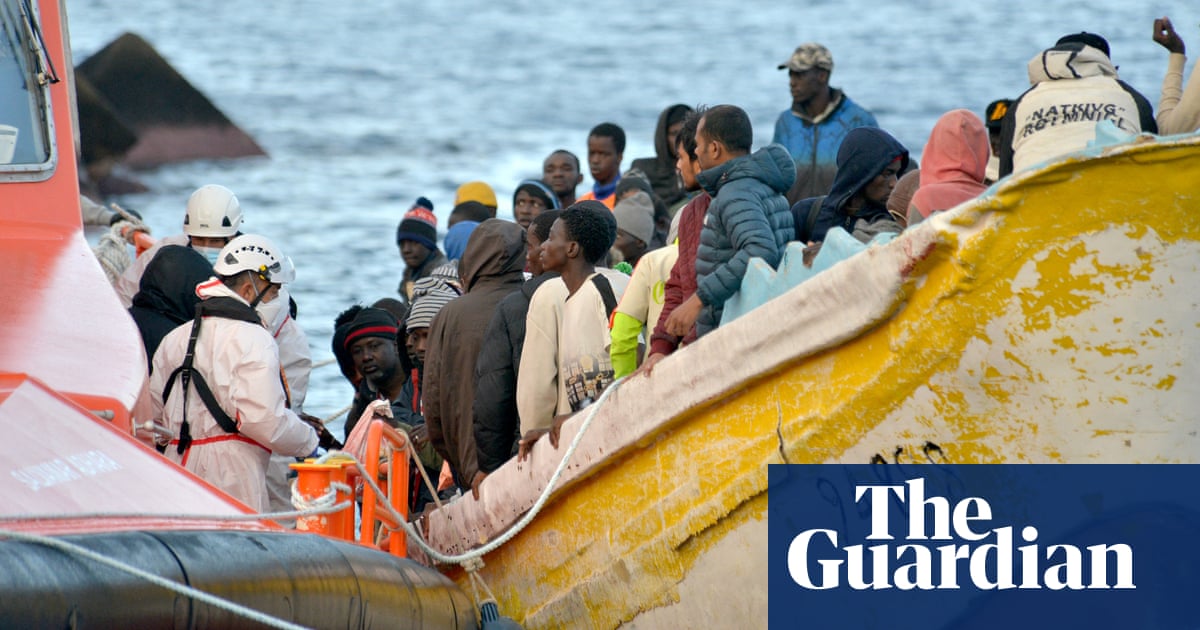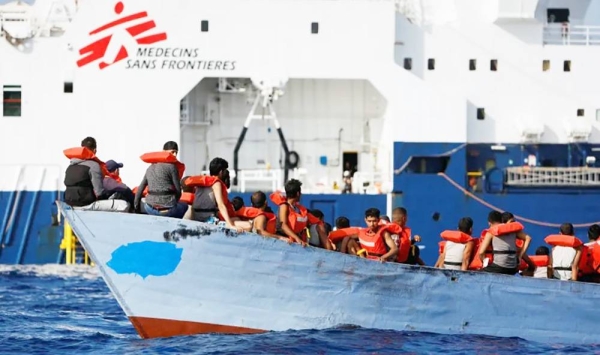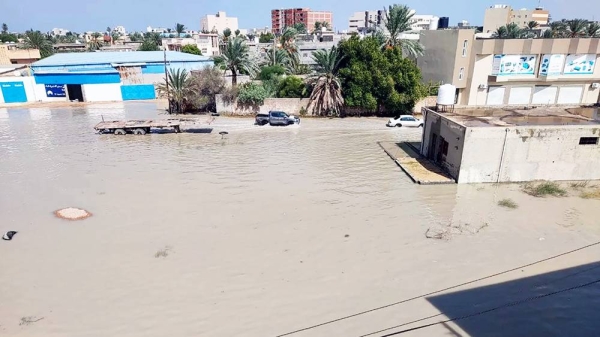
Dozens of people are missing and presumed dead after their boat sank off Libya’s coast, the International Organization for Migration (IOM) has said, in the latest migration tragedy off north Africa.
The 61 people are believed to have died because of high waves, which swamped their vessel after it left from Zuwara, on Libya’s north-west coast, the IOM’s Libya office said in a statement on Saturday.
It said there were about 86 people onboard, citing survivors.
The IOM said the vessel had departed from the shores of Zuwara during the night between December 13 and 14.
Libya and Tunisia are principal departure points for people risking dangerous sea voyages in hopes of reaching Europe, via Italy.
In the latest incident, most of the victims – who included women and children – were from Nigeria, the Gambia and other African countries, the IOM office said, adding that 25 people had been rescued and transferred to a Libyan detention centre.
An IOM team “provided medical support” and the survivors were all in good condition, the IOM office said.
Flavio Di Giacomo, an IOM spokesperson, wrote on X that more than 2,250 people had died so far this year on the central Mediterranean migration route, a “dramatic figure which demonstrates that unfortunately not enough is being done to save lives at sea”.
The Adriana, a fishing boat loaded with 750 people en route from Libya to Italy, went down in international waters off south-west Greece on 14 June. According to survivors, the ship was carrying mainly Syrians, Pakistanis and Egyptians. Only 104 survived and 82 bodies were recovered.
More than 153,000 refugees and migrants arrived in Italy this year from Tunisia and Libya, according to the UN refugee agency.
Italy’s far-right prime minister, Giorgia Meloni, won elections last year after vowing to stop illegal immigration.
On 6 November, the Italian government announced plans to establish centres in Albania to accommodate asylum seekers, with Meloni hailing it as a “historic” deal with Tirana to manage migration flows.
The agreement involves the creation of Albanian centres capable of housing up to 3,000 people. Only those rescued at sea by Italian boats will be taken to Albania; the centres will not accommodate asylum seekers who arrive on Italian shores. Minors, pregnant women and vulnerable individuals who arrive at sea will continue to be transferred to Italy.
However, last Wednesday, Albania’s constitutional court suspended ratification, expected by parliament on Thursday, of the recent deal. The court was responding to two separate appeals, one from the Albanian Democratic party, and the other from 28 MPs backing former centre-right premier Sali Berisha.
The appeals argue that the deal breaches the constitution and the international conventions to which Albania adheres. The ratification is suspended until the court issues a sentence, which it has three months to do.
More than a decade of violence in Libya since the overthrow and killing of the dictator Muammar Gaddafi in a Nato-backed uprising has helped turn the country into a fertile ground for human traffickers, who have been accused of abuses ranging from extortion to slavery.
‘‘While it is undeniably a criminal act by human traffickers to send a boat full of people in stormy seas at this time of year, it is also crucial for European authorities to monitor the Mediterranean, especially during this period’’, Di Giacomo told the Guardian. ‘‘We have been saying it for years. This route lacks a proper monitoring system, and this often results in such tragedies.’’












